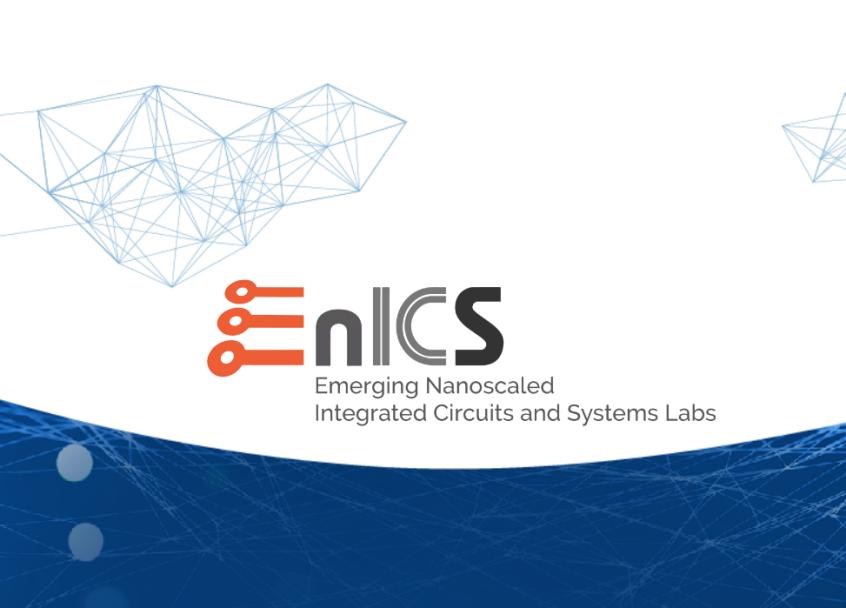ILS 1.5M Grant Awarded to EnICS Labs

The generous grant was awarded by the National Allowance from Estates Committee to EnICS Labs for developing a prototype for a hardware platform in the field of genome analysis. The project aims to target the problem of antimicrobial resistance.
The Faculty of Engineering’s EnICS Labs received a generous grant from the National Allowance from Estates Committee, to the sum of 1,585,000 ILS. The grant will be allocated to developing a prototype for a hardware platform in the field of genome analysis. “The university’s national resource development department initiated the application. They thought we had a real shot at winning, given the significance and relevance of our research,” says Prof. Adam Teman of EnICS Labs. "This will provide us with a significant boost for carrying out this challenging, large scale project. We hope to be able to secure the additional funding required to achieve the overarching project goals."
The platform will attempt to solve the problem of anti-microbial resistance (AMR): antibiotic-resistant bacteria, an issue the declared by the World Health Organization as one of the top 10 global public health threats facing humanity. “Bacterial resistance is becoming one of the most acute issues in medicine. We’ve seen it in Israel with soldiers who were injured in Gaza and hospitalized for treatment, where it was discovered that they carried a myriad of highly resistant strains of bacteria and infections that had not affected Israelis before,” explains Prof. Teman. “It’s a global problem, and could be more severe than a plague, because it affects millions of people each year.”
This project is led within the EnICS Labs by Dr. Leonid Yavits, an expert in computer architecture with a rich background in hardware acceleration of bio-informatics algorithms. Prof. Teman and Prof. Alex Fish, Dr. Yavits's co-directors at the EnICS Labs, will partner with him in leading the project, along with Prof. Cyrille Cohen of the Exact Sciences Faculty. The platform in question is designed to detect microbial resistance to specific antibiotics among patients and to find the optimal treatment, using DNA sequencing and analysis of sequenced bio-matter in real time. The problem with AMR is identifying which specific bacteria infected the patient in order to provide the most suitable treatment, and that’s technologically complex. The computation power required for taking a sequenced genome and understanding what we’re dealing with is incredible; it could take days and be very costly, which is why it is usually not done. Most patients are given broad spectrum antibiotics, which as we know are becoming less and less effective,” explains Prof. Teman. “Dr. Yavits’s research team at EnICS has developed AI-based computational technology that allows us to identify bacteria according to low-level sequenced DNA which can be extrapolated using a simple, mobile device. We want to develop a platform that could quickly and efficiently utilize AI methods and accelerate computation using the efficient technologies developed at EnICS to analyze data, identify the specific bacteria, and offer immediate, targeted, tailored treatment.”
EnICS Labs are a unique research center combining several research groups, each specializing in different aspects of computer hardware research, from transistors to algorithms. The combination of these specialties enables them to take on such a complex challenge. “The technologies we develop allow quick and energy-efficient computation that meets the challenges of AMR. It is the answer to this complicated problem in which time and the ability to conduct real-time analysis are crucial,” says Prof. Teman. “Ideas and preliminary studies already exist. This grant allows us to develop a prototype, that is, get students and engineers and develop a POC, which is a highly intricate task that usually takes years to accomplish. We received a significant amount of money to start undertaking this challenging project along with a pressing deadline – March 2025. I hope that EnICS Labs will open the gateway to solving the AMR problem.”
Last Updated Date : 31/07/2024



